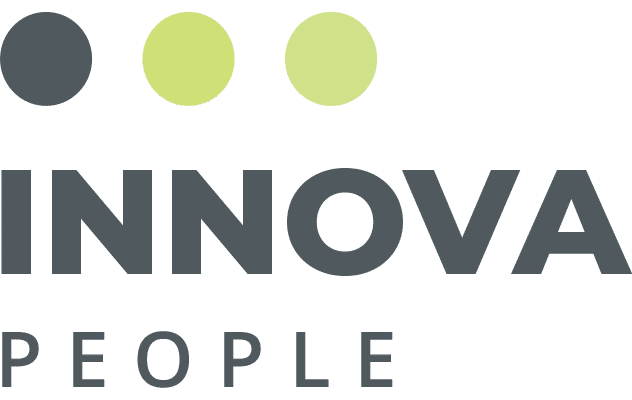If you want to spend less time on daily tasks, we’re bringing you five productivity hacks to help you work smarter and faster.
Stop Over checking your email.
The average professional spends 28% of the workday reading and answering emails. For the average full-time worker in America, that amounts to a staggering 2.6 hours spent and 120 messages received per day.
That’s a lot of time spent in your inbox.
Professionals check their email on average 15 times per day, roughly every 37 minutes. Considering most people do not expect a response within that time frame: Only 11% of customers/clients and 8% of coworkers expect a response in less than an hour. At the same time, about 40% of people expect a response in about an hour. If people checked their email hourly rather than every 37 minutes, they could cut six email checks from their day and save 21 minutes.
Turn off notifications and instead check your email hourly. We know you can do it.
Calendars aren’t just for meetings.
A study out of the University of California Irvine found that employees are interrupted, on average, once every three minutes. After an interruption, it may take people 23 minutes to refocus.
Use your calendar to time block to finish specific projects, work on strategic initiatives, or take a break. Fewer interruptions in your productivity flow can lead to more profound focus work.
Turn on the Do Not Disturb or Focus mode on your phone and laptop to pause notifications.
Consolidate your work apps.
Overwhelmed by the number of apps you have to handle every day? And the number of tabs you have open? Reduce toggling time between apps and bring all your work into one centralized hub. You can also use app integrations to connect all your most-used apps for a seamless workflow like Shift. This small hack will open up more time for essential and deep work and clear your way to productivity land.
Eat breakfast.
We know we aren’t your mom, but research shows skipping breakfast can lead to difficulty concentrating. How are you supposed to be productive if you can’t focus? According to the Harvard Business Review, food, or lack thereof, affects our cognitive performance and decision-making.
“Just about everything we eat is converted by our body into glucose, which provides the energy our brains need to stay alert,” psychologist Ron Friedman said. “When we’re running low on glucose, we have a tough time staying focused, and our attention drifts. This explains why it’s hard to concentrate on an empty stomach.”
Short on time in the morning, plan your meals the night before.
Stop multitasking; it’s a myth.
Our brains aren’t wired to do more than one thing at a time. Even when it feels like you’re getting two tasks done simultaneously, you’re switching between two tasks at lightning speed. This process—called task switching—takes precious brainpower, even if you don’t realize it. Research showed that even these brief mental blocks due to context switching cost as much as 40% of someone’s productive time. Because it takes mental effort to switch between cognitive tasks, multitasking affects your ability to get work done efficiently and effectively.
It’s almost always more efficient to monotask: Focus on one thing and move on when you’re done, so you don’t pay unnecessary switching taxes.



